“Paradise Lost 3: Purgatory” A Film Review
Muckrakers are important. They are good for society. They open our eyes to the underbelly of our lives. They often take us places where the average person either refuses to go or has no inclination to explore. More often than not, muckrakers lack style and art. Style suffers because what they want us to know is often more important than how they present it. Their interest is to expose injustice or evil, usually by revealing everything about the iniquity they are uncovering.
Muckrakers are usually investigative journalists who are interested in reform. They are watchdogs fierce in their approach to what is right, what is wrong. Lincoln Steffens, Upton Sinclair, Jacob Riis and Ida Tarbell were seminal muckrakers, who, because of their tenacity and strong ethical principles, were able to effect change where none seemed possible before they became involved in a cause that moved them to action.
“Paradise Lost 3: Purgatory,” the documentary film by Joel Berlinger and Bruce Sinofsky about three men accused of murder, Damien Echols, Jason Baldwin and Jessie Misskelley, known as the West Memphis Three, is a muckraker’s delight. It recently had its world premiere on HBO in January 2012.
The filmmakers have been following this story for HBO since 1996 when they produced “Paradise Lost: The Child Murders at Robin Hood Hills,” followed by “Paradise Lost 2: Revelation in 2000.” This is the third, and possibly the last of their documentaries on the subject, but the way this story keeps changing shape, and because the story still has life, you never know what will come next.
In 2011, after 18 years in prison, and the start of a new trial because of newly discovered DNA evidence, the state and the defense got together and created a plea deal for the accused men. They were allowed to plead guilty but to maintain their innocence. Once done, they were set free. But they have not been exonerated of the murders. Lawyers and support groups are working to properly clear their names of all guilt and a new trial is still possible.
Though powerful in its heart, as art, the film has many problems. Terribly edited and poorly shot for the most part, it relies too much on local TV coverage of events surrounding the three then young men accused of killing three 8 year olds those many years ago. The film makes me think of an express train running out of control as it courses down what feels like an endless track. There is no voice-over narration and as such, the narrative comes from interviews and TV news reports. Though this technique is limiting, I can live with that.
The filmmakers are so enamored with the idea that their cause is right, they seem unable to decide what information to leave in, what to leave out, and how to edit the interviews to allow the audience a better understanding of events. I doubt whether the filmmakers purposefully created a film where passion is the operating dynamic at the expense of quality and coherence. Because I cannot get inside the heads of the filmmakers, it is impossible for me to know if that was the case. But, I feel they rushed to put the film together. It is as if they felt they had to get it done before things change again, something they kept running into over the years. That is the reason why there have been three new versions of the story since 1996.
I am sure than Berlinger and Sinofsky would say that my criticism is wrong. In making the film, or any film, there has to be a time when the audience can take a breath, when passion pauses and reason rises. It is as if the filmmakers are so anxious to convince us of the moral values of their cause, they forget that judicious editing would have helped the audience understand the information and process it better. In the film, sound bites are sound books. Mostly the local TV news spots move the narrative along with occasional headlines and the odd cutaway, but, in some cases, unless you know the story very well, you will not understand what the cutaway image means.
In most cases in a film, cutaways allow us to seamlessly move inside a sound edit. Here they fail either because the cutaway shot has nothing to do with the sound edit or it is so obtuse that only the editor who made the cut understands what he or she did. There is also a prurient strain to the film because most of the participants are what we would prejudicially call “rednecks,” not well-educated men and women, the poor of the poor. A strong film about underdogs gives people in the establishment an opportunity to appear sacred by exposing them to the profane, a place where they rarely go or spend much time.
Nominated for an Oscar as one of five in the class of 2011, if heart and soul are all that matters, this film has a good chance of winning. Joel Berlinger and Bruce Sinofsky are muckrakers. But in his film, they are not very good artisans. The passion that rules the story and the care for the victims is what makes people admire the film and makes the film worth seeing. As far as filmmaking goes, I think the producers, as experienced as they are, need a course in Filmmaking 101.
Related Articles


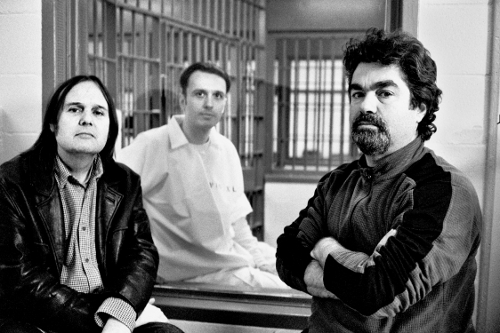
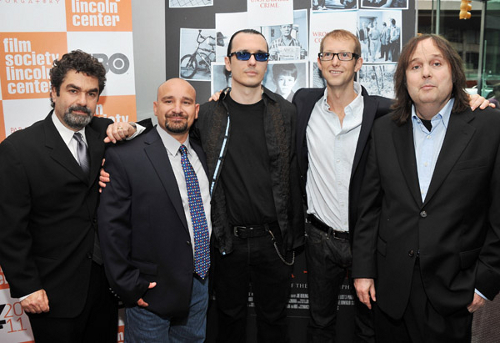
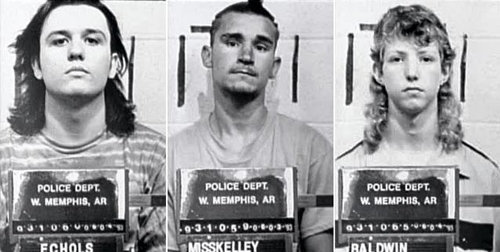
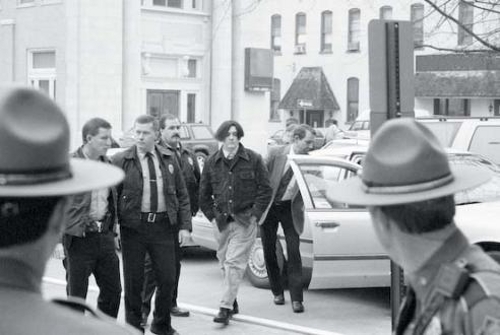
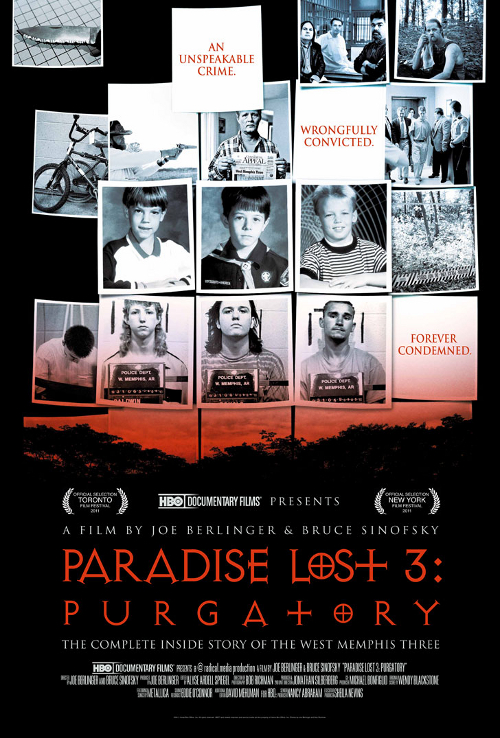











You must be logged in to post a comment Login